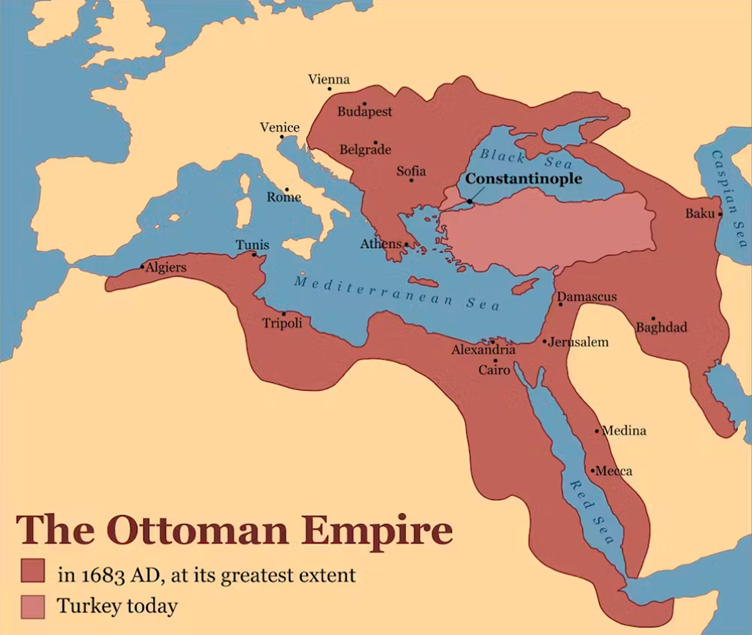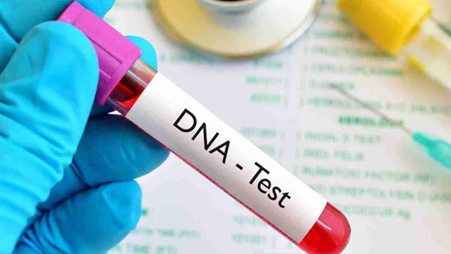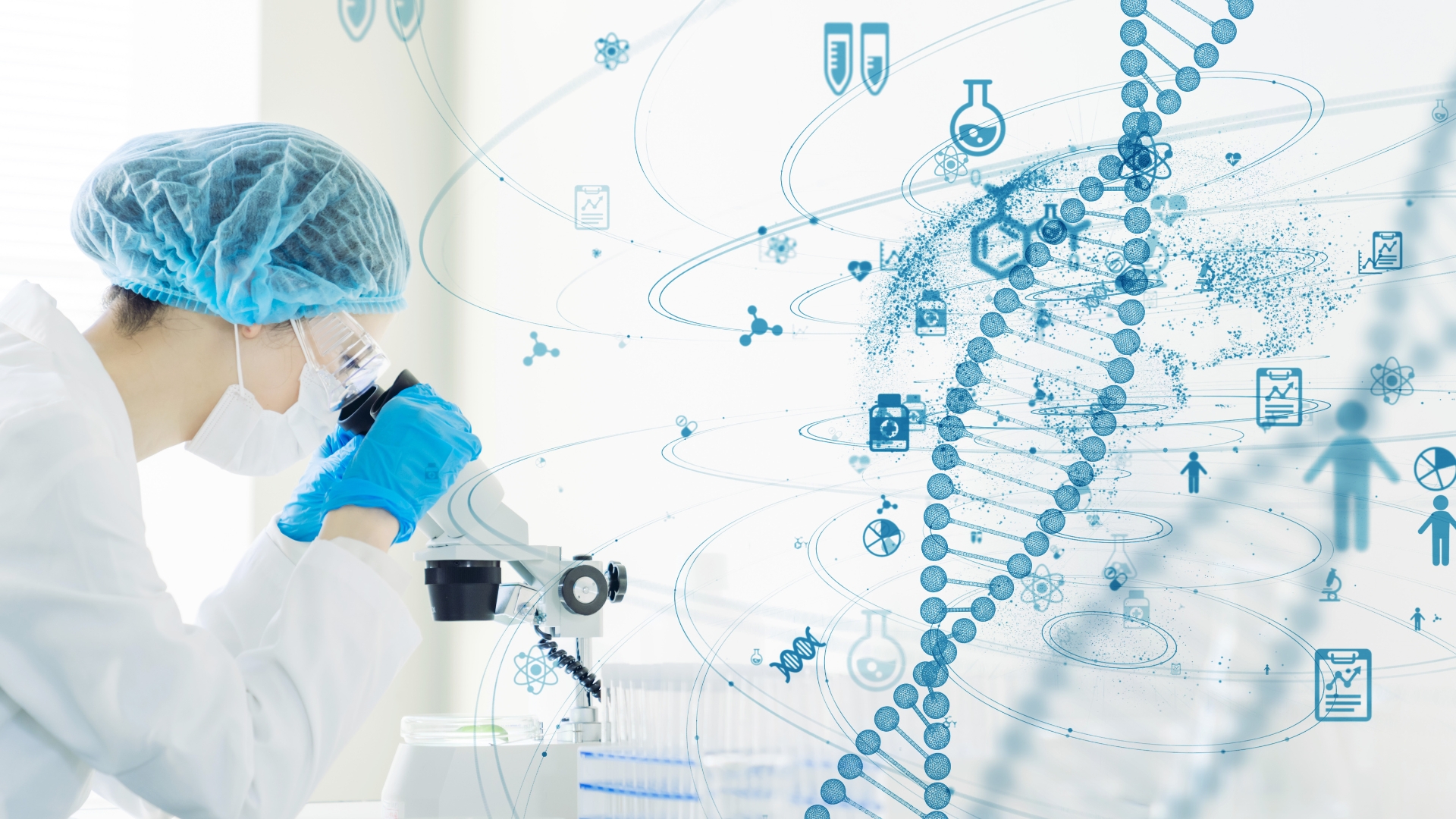By Michael Kyriakou.
In 2023, Turkey is about to mark its centenary of nationhood.
July 21, 2023 Cyprus commemorated 49 years of foreign occupation.
2023 Greece will spend a record amount in defence in its 203 years of nationhood.
In 2023, Turkey re-elected a leader keen on retelling the myth of the “Turks.”
In 2023, the science of genetics has debunked the story of the Turks, highlights the waste on the defence spending, concludes both communities in Cyprus are in fact genetically the same people.
Folklore, or story-telling, is a powerful tool to create a sense of nationhood, it gives people more than an identity, it’s who they are.
Turkey is perhaps unique as a nation, a successor to a failed empire, it has never been a nation like France, Portugal, Spain or Holland. Unlike other empires, built overseas, the Ottoman Empire was not built by any external adventure, it literally created its own sovereign lands. No need to go overseas and plunder, they just stayed home to plunder.
Legend, or rather the story telling, says that the “Turkic” people originate from central Asia next to Mongolia, they are closely related to the “Mongols,” they are unique and ancient with a culture that is home grown.
The facts are a little different.
For nearly seven centuries, the Ottoman Empire was not a “Turkic” majority state, the “Turkic” people were generally the minority throughout most of the Empire.
Why?
The lands they settled belonged to others for centuries before the Turkic people left central Asia, so the Turkic people had to make up the numbers, and fast, to dominate the locals. The solution was easy – kidnap, torture and convert young men, fast.
This industrial scale engineering to create a converted Turkic population is legendary. At one point, virtually every administrator, all the elite troops, the tax collectors, architects, naval personal, the entire Ottoman Imperial machine was, not of Turkic background.
When the Ottoman Empire collapsed after World War One, the choices facing the “Turkic” population now spread throughout the Balkans, North Africa and the Middle East was stark, as the local peoples finally got their revenge to cleanse their lands of the ‘Turkic’ people.

The Fall of the Ottoman Empire prompted the largest movement of humans in history, surpassed only by Stalin’s purges and the recent Chinese population move from villages to cities.
“Turkic” people felt vulnerable. As a minority, they travel as refugees back to Anatolia, the place the legends say is where they first landed to create the idea of being a Turk six centuries earlier.
Its 1922, the military leader Mustafa Kemal (later self-tilted as Ataturk) was keen to introduce a new written language, a new identity, to re-engineer a new ethnicity, out of the ashes of the Ottoman. This new identity, constructed with the help of German academics, was to become the “Turks” of today.
After 100 years of schooling, media reinforcement, movies, statutes, museums, endless array of storytelling to reinforce the existence of a Turkish nationality, it is still all pervasive.
In 2023, the current leader of Turkey continues to re-write the legend of being a Turk, with ambitions well beyond Turkey’s borders, seeking to find others that appear to be “Turkic” in Syria, Iran, Iraq, China, Greece, Cyprus, Egypt, Gulf emirates and even in Pakistan and India.
The definition of a “Turk” now has global ramifications.
The military build-up, the jailing of Turkic locals who question this narrative, the creation of an authoritarian state with the symbols of religious extremism, an identity aligned with Ottoman brutality and reinforcing its links to central Asia completes the story of “Turkey” 2023.
Since the 1990s, mapping of the human genome has delivered insight into how the human body evolves, functions, becomes ill, and how biochemical engineering makes us who we are for our entire life.
Genetics is blind to the culture and prejudices and bravado of humans. Genetics is real, it has no spiritual or mystique to it, it is something you cannot fake.
Turkic peoples, so goes the story, are direct descendants of the Seljuk and Ottoman hordes who stole the land, murdered the locals and created an empire.
Identity has been and is a major issue in Turkey since the republic was established in 1923 from the ashes of the multi-ethnic, multi-cultural and multi-lingual Ottoman Empire.
Not surprising until 2008, saying something to denigrate – question – “Turkishness” got you two years in prison. Now you go to prison for questioning “the Turkish nation.”
Enter “do it yourself DNA tests,” a simple and fast effective way to have a glimpse into your state of health and the “genes” you carry, your ancestry… The bulk of the DNA test results contradict the “Turkic” story.

In response, home grown DNA tests challenge the EU / USA per reviewed science articles, Turkey argues that the Turk has a significant amount of Central Asian ancestry. There is no such conclusive evidence in a larger sample size. This proposition is true for samples selected from remote well-known regions which were invaded, occupied and cleansed for well over three centuries, without any interference from outsiders.
Modern Turkey is no longer in that mould. It is a diverse vibrant place, people live among the ruins of many previous empires and peoples, its ‘Turkic’ imposed identity seems foreign in many ways to the architecture of Greece and Roman that litters their towns, cities and backyards.
One of the largest EU studies of genetic traits is “Genetic relationships of European, Mediterranean, and SW Asian populations using a panel of 55 AISNPs.” Published in the European Journal of Human Genetics December 2019, the study found a genetic cluster with Southern and Mediterranean Europe populations which spread towards Caucasus, to Northern Iraq, and Iranians. European dominant genetic markers form the foundation of the peoples of the eastern Mediterranean.
The difference between the science and the Turkey identity story is so dramatically different it has attracted draconian laws to discourage ancestry DNA tests. The most common haplogroup or genetic marker found in Turkey is J2 (24%), which is the dominant and most widespread in the Mediterranean.
It turns out the “Turks” ancestors are likely to be Greek / Italian. It is unlikely that the overwhelming number of Turks are of “Turkic” ancestry. It is more likely that the overwhelming modern Turks share a European ancestry.
What makes all these studies more remarkable is that 700 years of war, forced pregnancies, forced conversions, slavery, harems, industry scale terror to ethnic cleanse Europe, middle east, North Africa, and the generics tell quite a different story.
For Cyprus, the story is even more dramatic.
The largest study ever taken, published and edited by Harvard Medical School, titled “Y-chromosomal analysis of Greek Cypriots reveals a primarily common pre-Ottoman paternal ancestry with Turkish Cypriots”shows that Greek Cypriots and Turkish Cypriots share primarily a common pre-Ottoman paternal ancestry, they are genetically the same people.
The study noted that the surprising lack of genetic variation between Greeks and Turks in Cyprus was due to “From a historical perspective, throughout the centuries, the island’s demographic ratio between Greek Orthodox Christians and Muslim Turks varied. Crypto-Christians were individuals who, in despair, were forced to convert to another religion. They did not fully denounce their faith; rather, practiced it in secret.”
The study found the frequency of Eastern Eurasian genetic markers common with Greeks and Italians more likely to be found in duplicate and triplicate in the Turkish Cypriot sample.
Science once again shatters the divide caused by others. Turns out little divides the Greek and Turks of Cyprus genetically, there are of European origin.
As we approach the July 21, 1974, invasion occupation of Cyprus, we are reminded that the traditional ethnic cleansing techniques perfected over 700 years, changing the names of towns, cities, banning any criticism or thinking inconsistent with the national narrative communes to this day.
Regardless of the brutality, inhuman deeds of the occupiers and their treatment of minorities in Cyprus, they cannot eradicate the science. This must keep them up at night.
Solution, discourage the sale of DNA ancestry tests. DNA make up takes millennium to alter.
Maybe that is why the occupiers are biding their time. 49 years later they hope the imported real “Turkic” genetically proven settlers and will finally create a “Turkish” Cypriot.
Science has given us medicine, the internet, jet travel, and unlocking the human genome.
In Turkey, the locals have had a glimpse of their genome, those in denial, will miss the future science promises for all. Seems the “Turks” are Greeks in denial.


